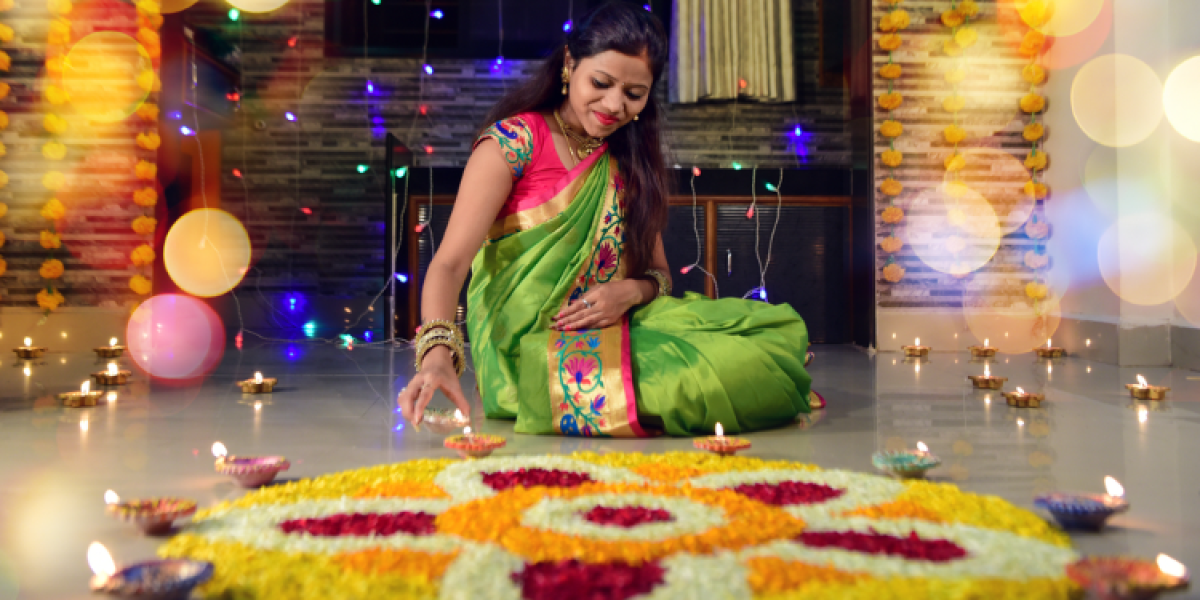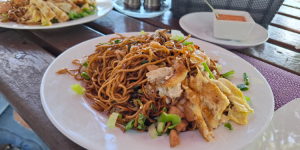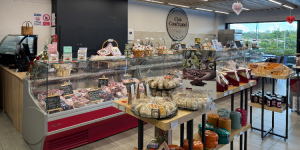
Originally from India, Divali, the festival of lights, is celebrated in a grand manner in Mauritius as in many countries around the globe. A national and public holiday this Thursday, November 4, and one of the biggest Hindu festivals worldwide, Divali is symbolic of prosperity, sharing and bonding.
Whether you have just landed in Mauritius or have lived there for several years, there is no way you won't get enticed by the magic of Divali. In fact, Divali is the favourite festival for expatriates in Mauritius. The atmosphere is going to be electrified in most towns and villages across the island as houses are decorated with coloured light garlands. While some enjoy the magnificent blending of lights and colours, others prefer the simplicity of the clay lamps. Indeed, houses and lawns are decorated with small clay lamps. So expect a dazzling spectacle!
The symbolism of Divali
Rooted in the Hindu religion, Divali symbolizes the victory of good over evil. According to legend, King Rama, one of the incarnations of the God Vishnu, returned to the kingdom of Ayodhya after 14 years of exile after defeating the demon Ravana. To welcome him, the inhabitants of the kingdom decided to illuminate his path with thousands of clay lamps. Divali, therefore, means “row of lights”. On the occasion of the Festival of Lights, people also honour the Goddess Lakshmi, who represents wealth and prosperity in Hindu homes. This is a widespread practice in India and several countries where the Hindu community is present. In Mauritius, prayers are offered to the Goddess Lakshmi for good fortune.
Divali traditions
Many traditions are attached to the festival of lights, but some have been re-adapted to the Mauritian folklore. The celebrations last for several days, starting with Dhanteras, two days before Divali. People clean up their houses and buy new cooking utensils and or gold or silver for prosperity. A clay lamp is lighted at nightfall. On the eve of Divali or early in the morning, families decorate the entrance to their house with a "rangoli" or "kolam", a multicoloured pattern made from coloured powder, sand or rice. In the evening, there are prayers accompanied by offerings.
It is also customary to wear new clothes, generally traditional, for Divali. So you will get to admire people wearing all types of "sari", "churidar", "kurti" or "lehenga" for women and "kurta" or "sherwani" for men. Obviously, some prefer the casual style.
While Divali is an essentially Hindu festival, it's worth noting that things have changed in Mauritius over the years. Today, virtually all communities celebrate the Festival of Lights since it is a national holiday. However, there is a slight difference in the way the Hindu and Tamil communities of Mauritius celebrate. The Tamil community celebrates Deepavali on the eve of the national holiday or very early in the morning. This is because Hindus with a South Indian background have different beliefs, traditions, and lunar calendar.
Sharing is caring
If someone rings your doorbell this Thursday, November 4, it won't be for "trick or treat". Instead, expect neighbours or friends sharing sweet. Indeed, Divali is also a moment for sharing and bonding. Dressed in their new clothes, Mauritians visit their family and friends with a small package containing sweets. "Gulab jaamun", "rasgullah", "barfi", "jalebi", "gateau patate", "halwa", "khaja" and "nankatai" are just a few. So if you haven't got the chance to taste these delicacies yet, now is the time. But expect a local touch to some delicacies such as "rasgullah"; they may be different from what you may have seen on the internet or elsewhere on the planet. Some families also make savouries such as “gateau piment” or even cheese sticks. So there's something for all tastes.
Celebrating with health restrictions
Considering the Covid-19 pandemic and current health restrictions, Divali celebrations are likely to be different this year also, as last year. There won't be the usual events or concerts. People will be celebrating in small groups, paying particular attention to social distancing. Nevertheless, you will be able to enjoy firecrackers and fireworks from nightfall, even from a distance.



















